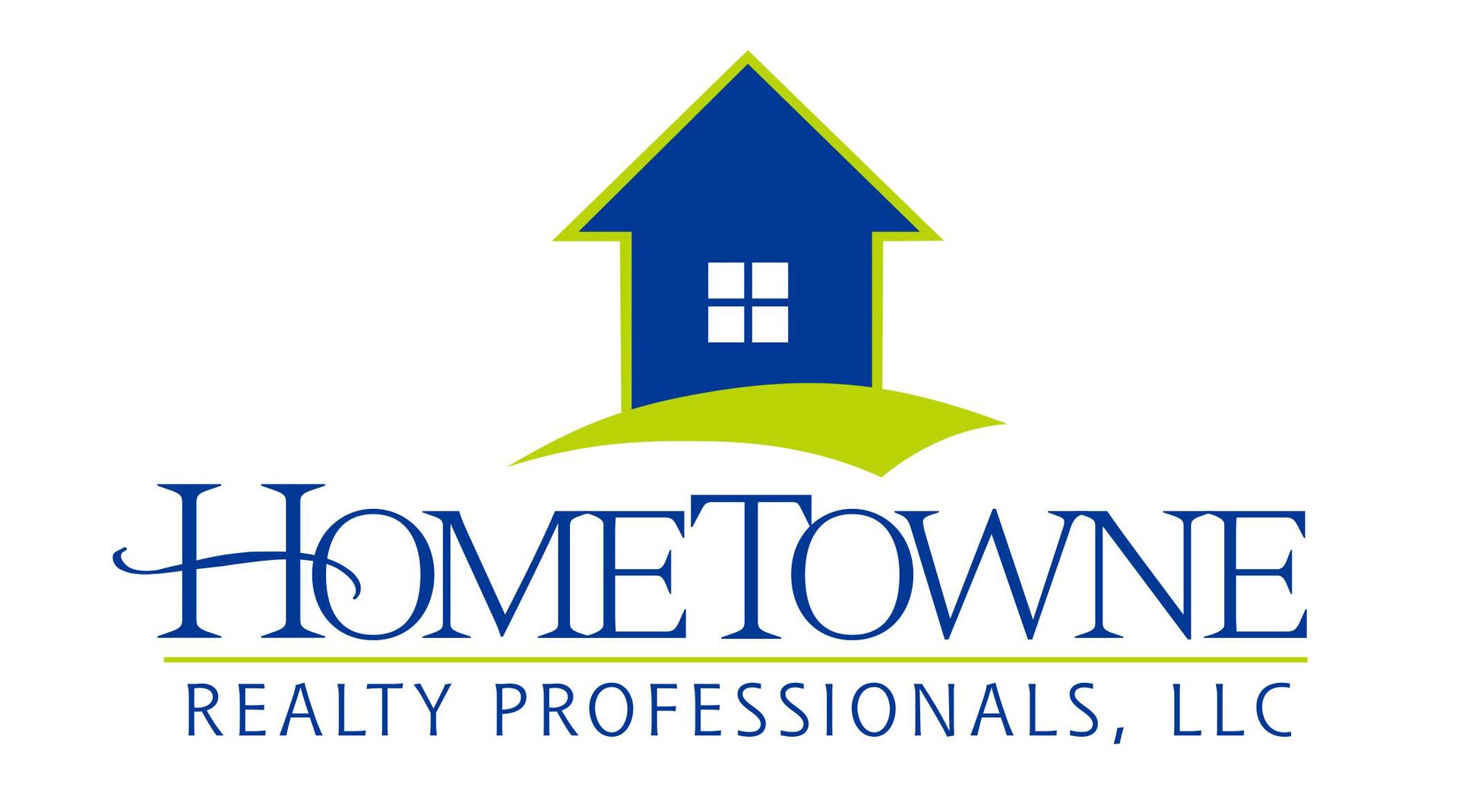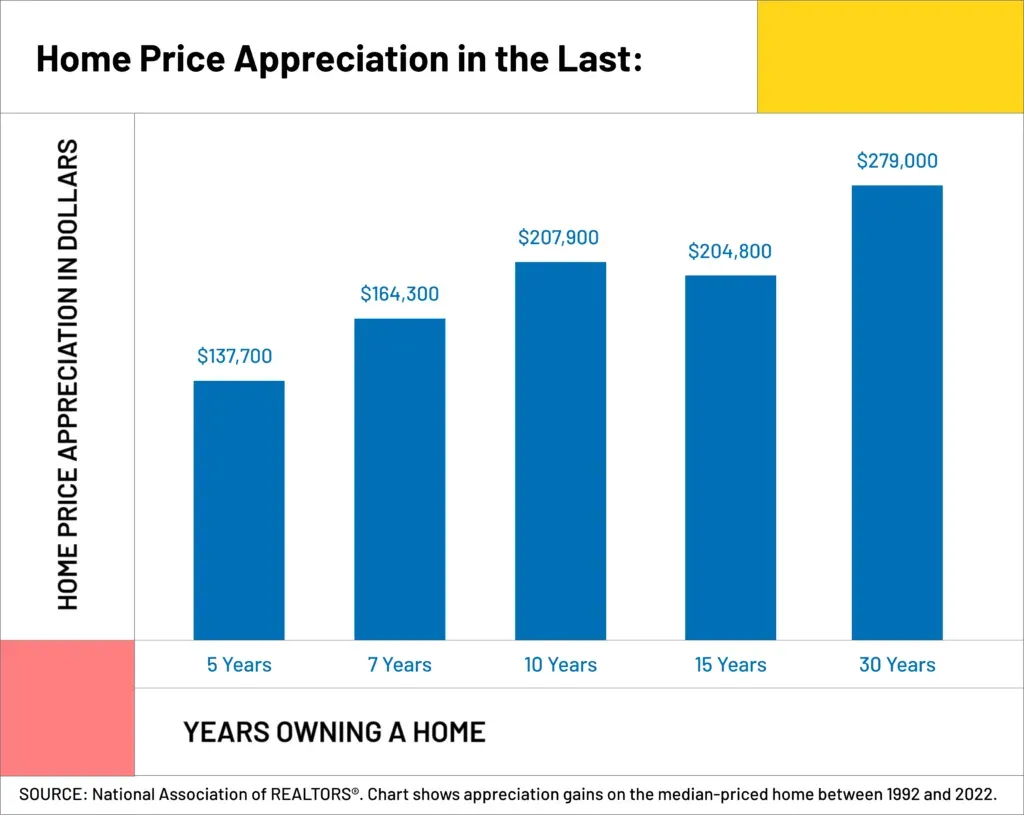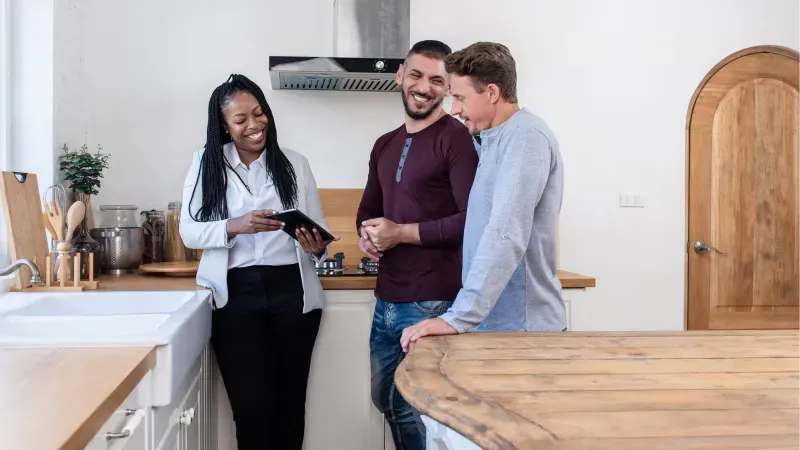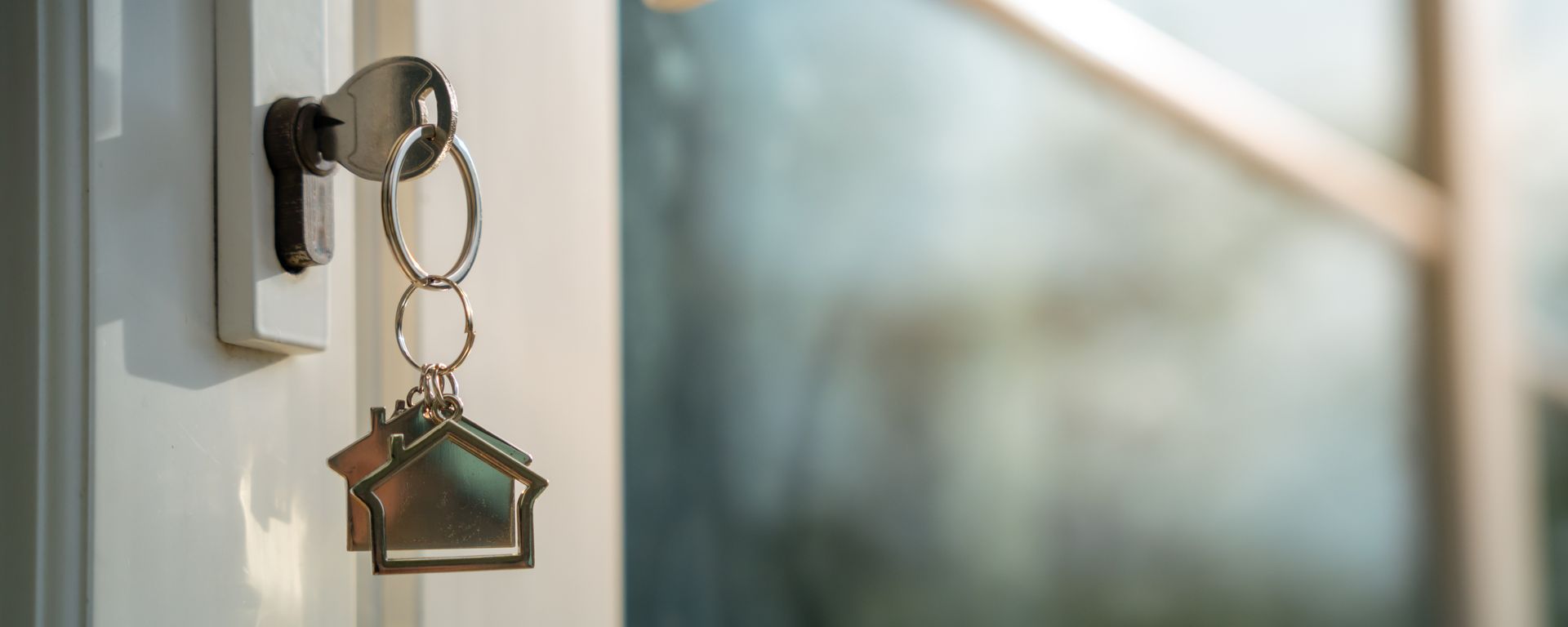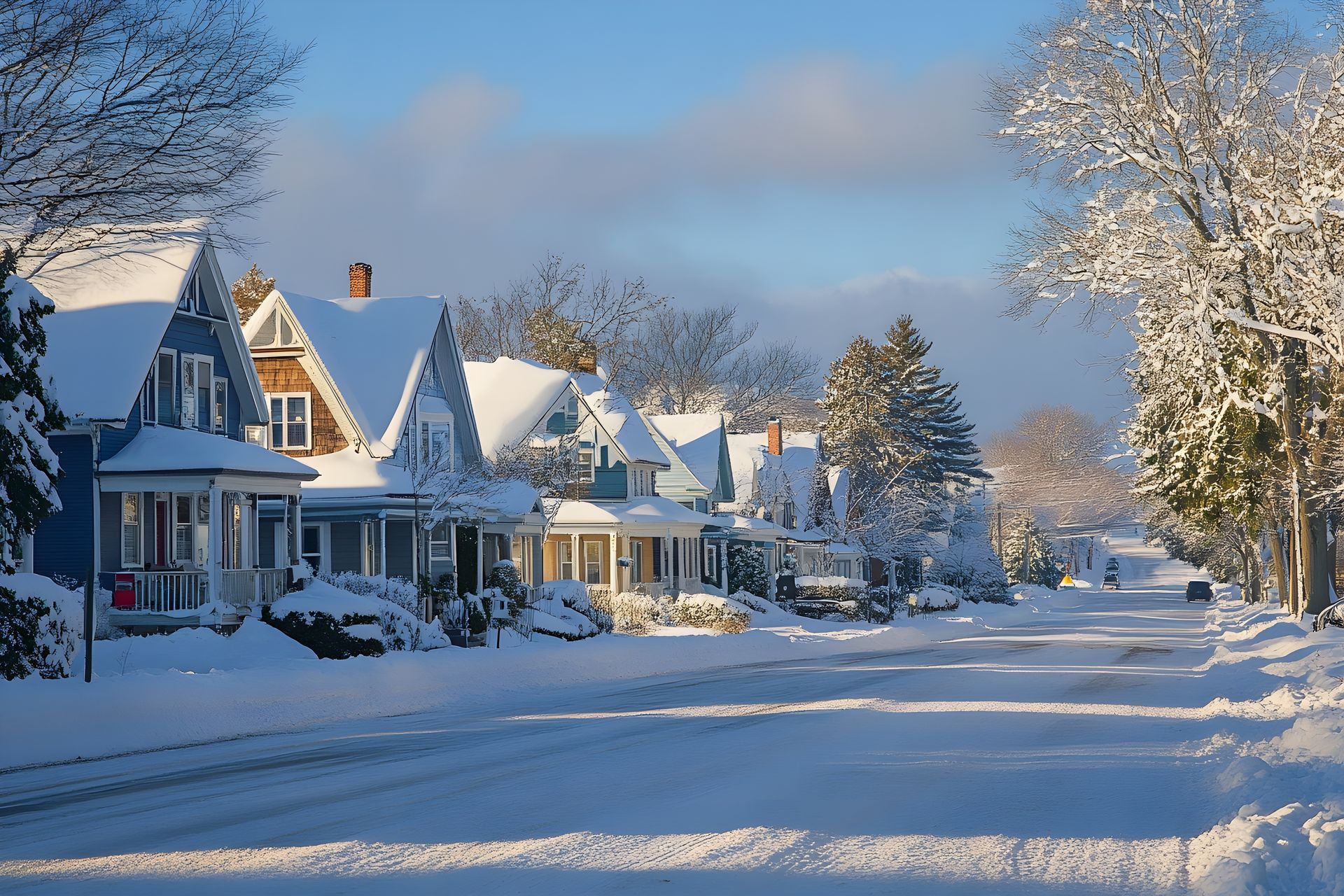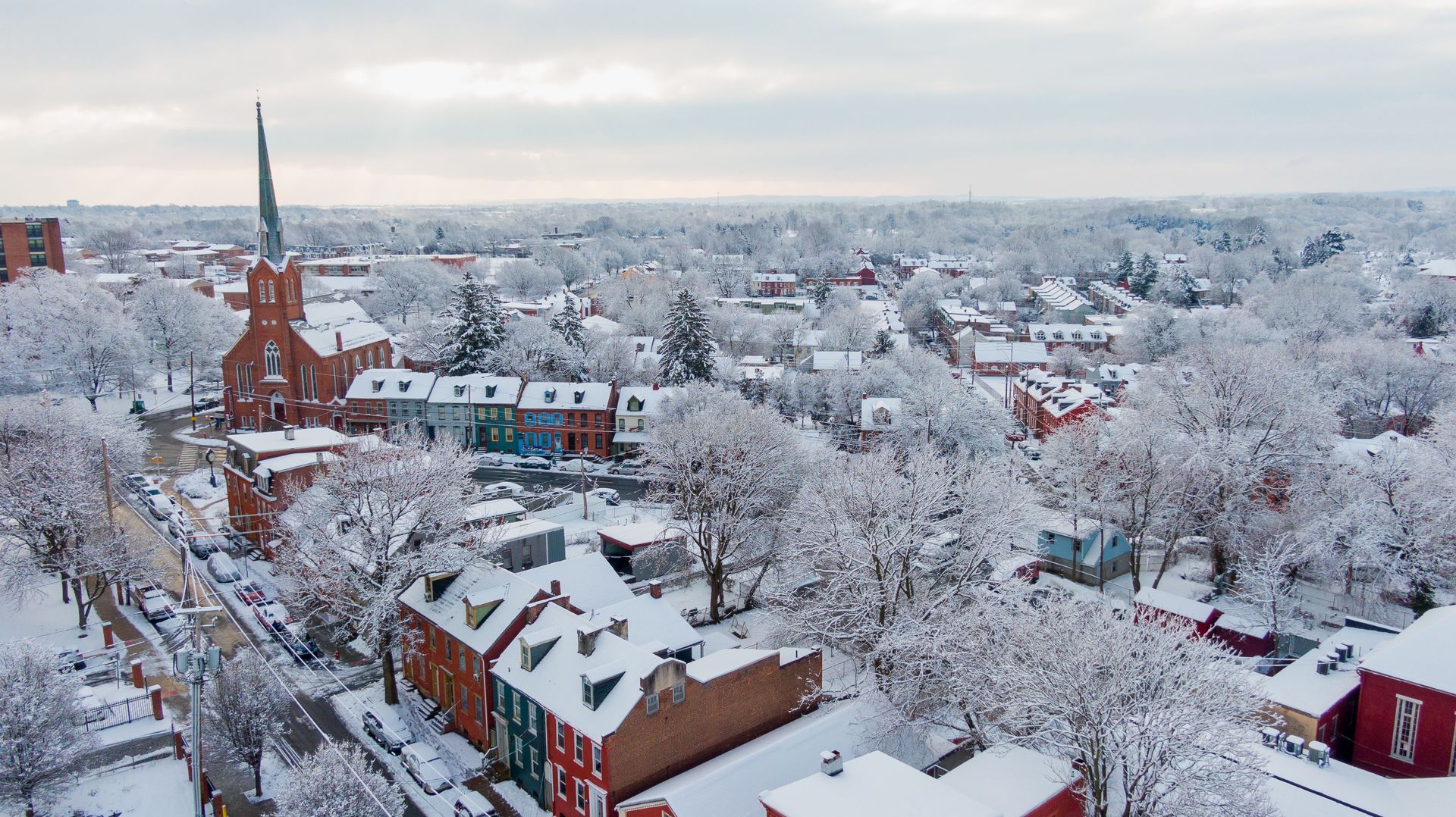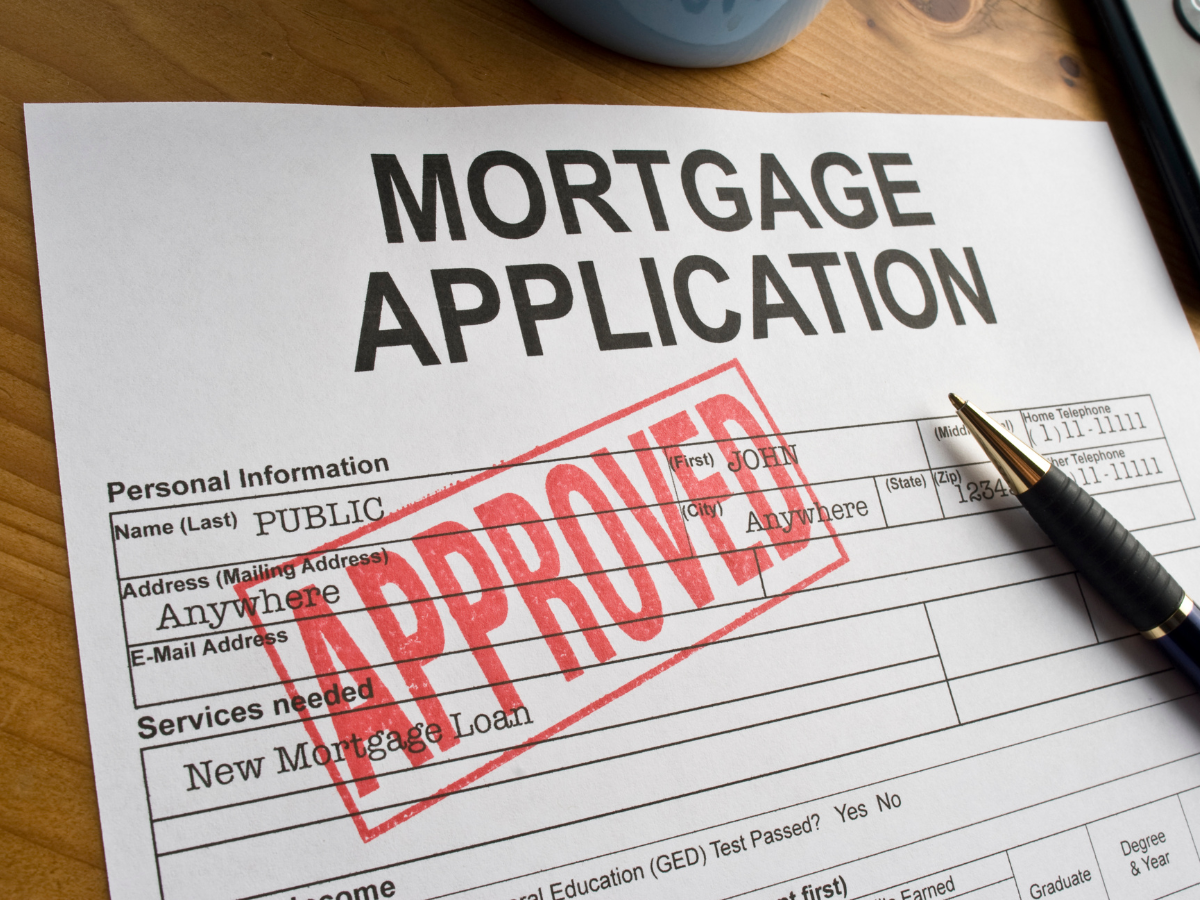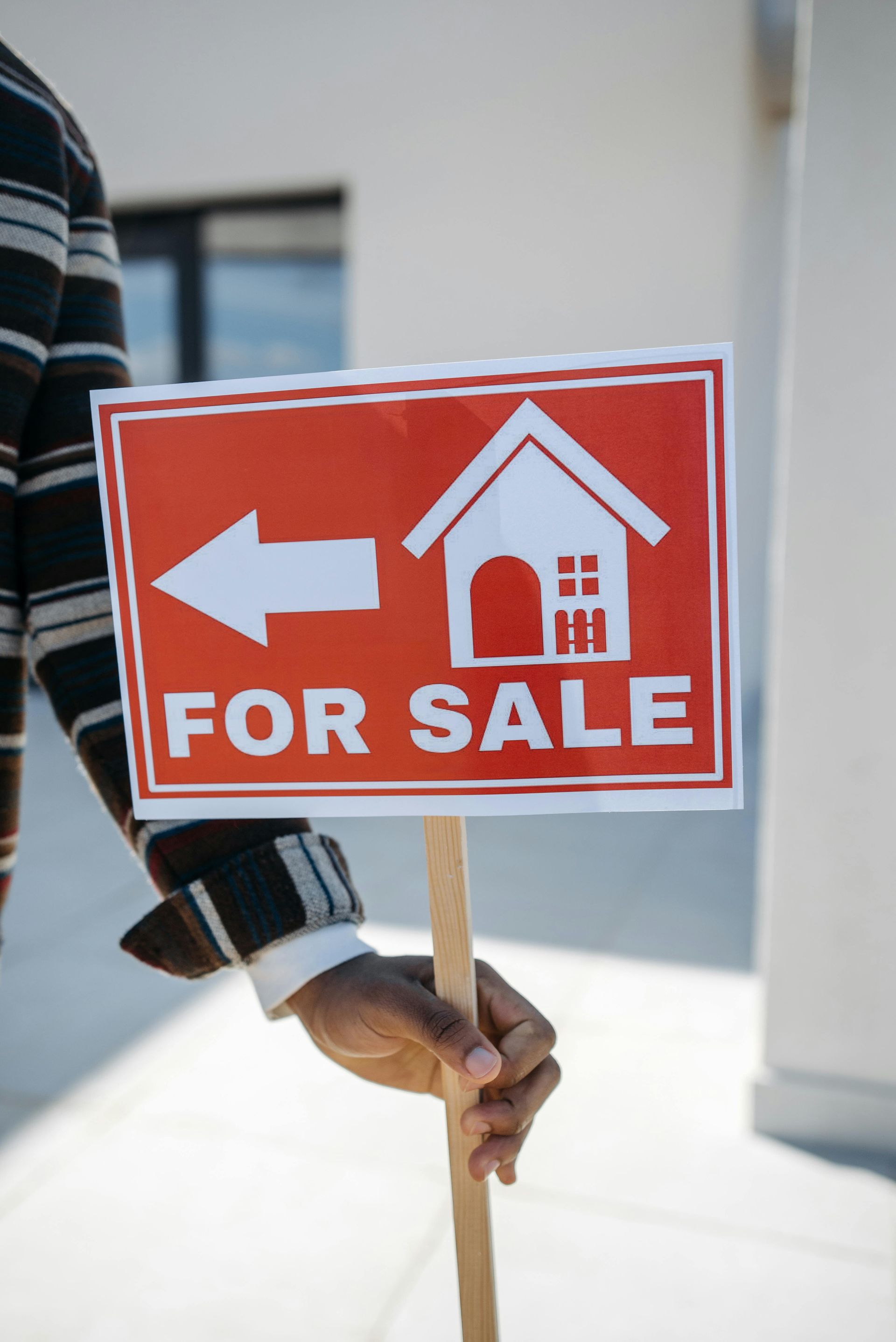Stepping into the world of homeownership can be both exciting and daunting. Especially when you're a first-time homebuyer.
Navigating the real estate market, understanding mortgage advice and terms, and attending open houses can feel overwhelming. This guide is designed to help you prepare for an open house as a first-time homebuyer. It's packed with practical advice, tips, and checklists to make the process smoother.
From understanding the purpose of an open house to creating a personalized checklist, we've got you covered. We'll also share tips on what to wear, what to bring, and how to interact with real estate agents.
By the end of this guide, you'll feel more confident and well-prepared to make the most of your
open house visits.
So, let's dive in and start your journey towards finding your dream home.
Photo By: Washington Post
Understanding the Open House Process
An open house is a scheduled period when a home for sale is open for viewing by potential buyers. It's a crucial part of the home buying process, especially for first-time homebuyers.
During an open house, you get the chance to tour the property, assess its condition, and ask questions. It's also an opportunity to gauge the level of interest in the property and observe current trends in the real estate industry. Understanding this process can help you make informed decisions and position yourself favorably in the home buying journey.
Before the Open House: Research and Preparation
Before attending an open house, it’s essential to do some homework, including research on properties and neighborhoods, and seeking advice for first time homebuyers to ensure you're prepared. This includes researching the property, the neighborhood, and preparing an open house checklist.
The more you know about the property and its surroundings, the better equipped you'll be to make an informed decision. It also helps you come up with insightful questions to ask during the open house.
Researching the Property and Neighborhood
Start by researching the property online. Look at the listing details, previous sales history, and any available information about the home's condition.
Next, research the neighborhood. Consider factors like schools, amenities, crime rates, and future developments. This will give you a sense of whether the area aligns with your lifestyle and long-term plans.
Creating Your Open House Checklist
An open house checklist is a handy tool for first-time homebuyers. It helps you stay organized and focused during the open house.
Your checklist should include key areas to inspect, questions to ask, and items to bring along. This ensures you don't overlook any important details during your visit.
On the Day: What to Bring and How to Dress
On the day of the open house, your appearance and preparedness can make a significant difference. Dressing appropriately and bringing essential items can help you make the most of the open house.
What to Wear for a Positive Impression
Dressing smartly for an open house is crucial. It helps you make a positive first impression on the real estate agent and the seller.
You don't need to dress formally, but aim for a neat, professional look. This shows that you're serious about the home buying process.
Essential Items to Take with You
When attending an open house, there are a few essential items you should bring. These include:
- A notepad and pen for taking notes
- A camera or smartphone for taking photos
- A measuring tape to check room sizes
- Your open house checklist
These items will help you gather all the necessary information and make an informed decision later.
During the Open House: Observations and Interactions
During the open house, your main task is to observe and interact. You need to assess the property and engage with the real estate agent.
Remember, this is your chance to gather as much information as possible. Don't rush through the process.
Assessing the Home's Exterior and Interior
Start by assessing the home's exterior. Look at the condition of the roof, walls, and yard.
Next, move to the interior. Pay attention to the layout, room sizes, and overall condition.
Consider how this home will fit into your plans for a new household when assessing the layout and available space. Use your home inspection checklist to ensure you don't miss anything.
Interacting with the Real Estate Agent
Interacting with the real estate agent is crucial. They can provide valuable insights about the property and the neighborhood.
Don't hesitate to ask questions. This is your chance to learn more about the home and its potential fit for your needs.
Photo By: Chase
Key Questions to Ask During an Open House
Asking the right questions during an open house can provide valuable insights. It can help you understand the property's condition, history, and potential issues.
Here are some key questions you might consider:
- How long has the property been on the market?
- Are there any known issues or repairs needed?
- What is included in the sale?
- Are there any homeowner association fees?
- What are the average utility costs?
These questions, combined with other real estate tips, will help you understand the property's condition and history better. Remember, the more information you gather, the better equipped you'll be to make an informed decision. Don't be shy about asking questions. It's a crucial part of the home buying process.
After the Open House: Review and Follow-Up
Once the open house is over, your work isn't done. It's time to review your notes and photos, and consider your next steps.
Reviewing Your Notes and Photos
Go through the notes you took during the open house. Reflect on your initial impressions and any concerns you noted.
Review the photos you took. They can help you remember specific details about the property and compare it with others you've seen.
Following Up on Potential Homes
If a property caught your interest, follow up with the real estate agent. Ask any additional questions that came up during your review.
Remember, buying a house is a significant decision. Take your time to ensure you're making the right choice.
Navigating Multiple Offers and the Next Steps
In a competitive market, you may find yourself in a multiple offer situation. It's crucial to understand how to navigate this scenario.
Your real estate agent can guide you through the process. They can help you craft a competitive offer without overstretching your budget. Remember, patience and persistence are key in the home buying process.
Conclusion: Staying Informed and Patient
At Hometowne Realty Professionals, we understand that buying a house is a significant milestone in your life. It’s a journey that requires patience, diligence, and informed decision-making. As a first-time homebuyer, staying updated on real estate trends and seeking advice for first-time homebuyers is essential to navigate the complexities of the market.
Keep refining your home purchase checklist, including essential items like
what to take to an open house and
questions to ask in an open house. Remember, the right house at the right price is worth the wait. With our expertise and guidance, you’ll be well-equipped to make confident decisions throughout your home buying process.
